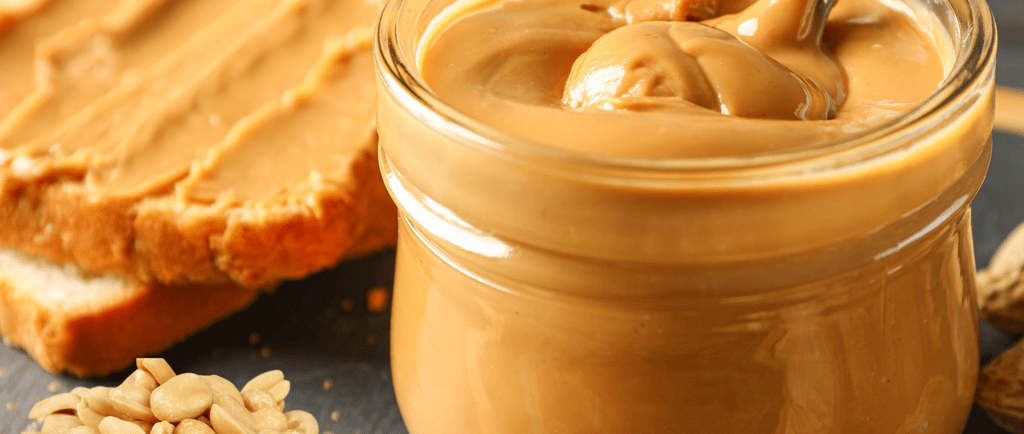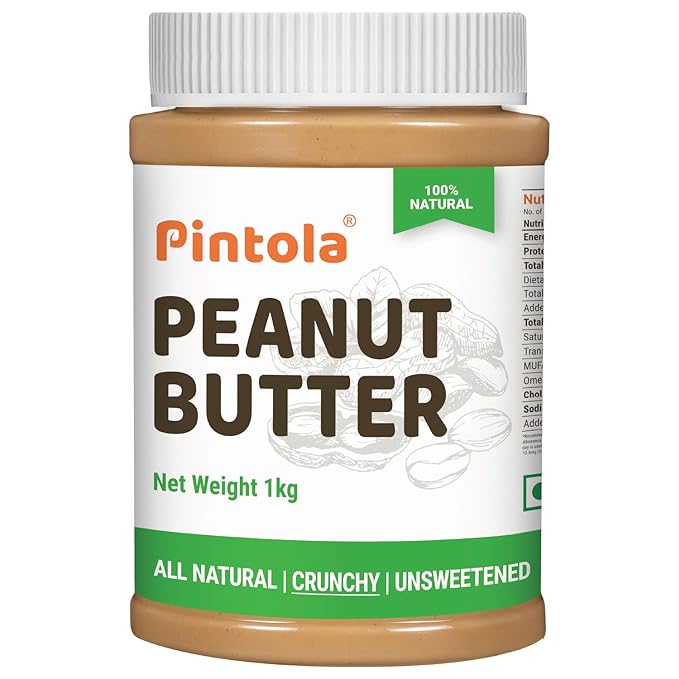Peanut Butter: A Comprehensive Guide to Its Benefits, Nutritional Profile, and Choosing the Right Kind
Peanut butter is a nutritious and versatile food, rich in protein, healthy fats, and essential vitamins and minerals. It supports muscle growth, heart health, and provides sustained energy. Two tablespoons offer approximately 190-200 calories, 7-8 grams of protein, and a good amount of dietary fiber. While generally safe, individuals with peanut allergies should avoid it, and it's essential to choose natural or organic varieties with minimal added sugars and hydrogenated oils. Peanut butter can enhance a balanced diet when consumed in moderation, making it a delicious and beneficial addition to meals and snacks.


All About Peanut Butter
Peanut butter is a beloved staple in many households, renowned for its creamy texture, rich flavor, and versatility. It can be spread on toast, blended into smoothies, or used as a base for a variety of recipes. But beyond its delicious taste, peanut butter offers a host of nutritional benefits. This article will delve into the benefits of peanut butter, its nutritional profile, safety considerations, tips for choosing the best peanut butter, and a final takeaway on its role in a balanced diet.
Benefits of Peanut Butter
Peanut butter is more than just a tasty treat; it offers numerous health benefits that make it a worthwhile addition to many diets:
1. Rich in Protein : Peanut butter is a great source of plant-based protein, which is essential for muscle growth, repair, and overall body maintenance. This makes it an excellent protein option for vegetarians and vegans.
2. Healthy Fats : While peanut butter is high in fat, it predominantly contains monounsaturated and polyunsaturated fats. These healthy fats are known to support heart health by reducing bad cholesterol levels (LDL) and increasing good cholesterol levels (HDL).
3. Nutrient-Dense : Peanut butter is packed with essential vitamins and minerals, including vitamin E, magnesium, potassium, and B vitamins. Vitamin E acts as a powerful antioxidant, magnesium supports muscle and nerve function, and potassium helps regulate blood pressure.
4. Source of Dietary Fiber : Fiber is crucial for digestive health, and peanut butter contains a good amount of it. Adequate fiber intake can help maintain regular bowel movements, lower cholesterol levels, and aid in weight management by promoting a feeling of fullness.
5. Energy Booster : Due to its protein, fat, and fiber content, peanut butter provides a sustained release of energy, making it an excellent option for a pre-workout snack or a midday energy boost.
6. Antioxidants : Peanut butter contains antioxidants such as resveratrol and p-coumaric acid, which can help protect the body from oxidative stress and inflammation.
Nutritional Profile of Peanut Butter (2 Tablespoons)
Understanding the nutritional profile of peanut butter can help you make informed dietary choices. Here’s what you typically get in two tablespoons (about 32 grams) of peanut butter:
Calories: 190-200
Protein: 7-8 grams
Total Fat: 16 grams
Saturated Fat: 3 grams
Monounsaturated Fat: 8 grams
Polyunsaturated Fat: 4 grams
Carbohydrates: 6-7 grams
Dietary Fiber: 2-3 grams
Sugars: 1-3 grams (varies by brand)
Sodium: 100-150 milligrams (varies by brand)
Vitamins and Minerals:
Vitamin E: 2.9 milligrams (about 15% of the daily recommended intake)
Magnesium: 50 milligrams (about 12% of the daily recommended intake)
Potassium: 200 milligrams
Niacin (Vitamin B3): 4.2 milligrams (about 25% of the daily recommended intake)
Is Peanut Butter Safe or Risky?
Peanut butter is generally safe for most people when consumed in moderation. However, there are some considerations to keep in mind:
1. Allergies : Peanut allergies are common and can be severe. Symptoms can range from mild reactions like hives or digestive discomfort to severe anaphylaxis, which requires immediate medical attention. Individuals with peanut allergies should avoid peanut butter altogether.
2. Aflatoxins : Aflatoxins are toxic compounds produced by mold that can grow on peanuts. These substances are carcinogenic, but regulatory bodies like the FDA monitor and limit aflatoxin levels in food products to ensure safety. Reputable brands conduct rigorous testing to minimize aflatoxin contamination.
3. Added Sugars and Hydrogenated Oils : Some commercial peanut butters contain added sugars and hydrogenated oils, which can negate some of the health benefits. High sugar intake can lead to various health issues, including weight gain and increased risk of chronic diseases. Hydrogenated oils contain trans fats, which are harmful to heart health.
4. Caloric Density: Peanut butter is calorie-dense, which means it's easy to consume in large quantities, potentially leading to weight gain if not balanced within a diet.
How to Choose Your Peanut Butter
Choosing the right peanut butter can maximize its health benefits and fit better into your dietary needs. Here are some tips for selecting the best peanut butter:
1. Check the Ingredients: Look for peanut butter with minimal ingredients—ideally just peanuts and maybe a bit of salt. Avoid products with added sugars, hydrogenated oils, and unnecessary additives.
2. Natural vs. Conventional: Natural peanut butter is typically made with just peanuts and salt, without added oils or sugars. It might separate (with oil on top), but stirring it back in is a small price to pay for a healthier option. Conventional peanut butters often contain stabilizers to prevent separation but may include less desirable ingredients.
3. Organic Options: Organic peanut butter is made from peanuts grown without synthetic pesticides or fertilizers. This can be a better choice if you’re concerned about pesticide exposure.
4. Texture Preferences : Peanut butter comes in creamy and crunchy varieties. Choose based on your texture preference. Creamy peanut butter is smoother, while crunchy peanut butter has peanut pieces for added texture.
5. Reduced-Fat Peanut Butter : While these might seem like a healthier option, reduced-fat peanut butters often compensate for the fat reduction with added sugars and fillers. Full-fat versions are usually the better choice.
6. Flavour Variants: Some peanut butters come with added flavours like honey, chocolate, or cinnamon. Be cautious of added sugars and choose those that use natural flavourings.
The Bottom Line
Peanut butter is a nutritious and versatile food that can be a valuable part of a balanced diet. It provides essential nutrients, healthy fats, and protein, making it an excellent option for various dietary needs, including vegetarian and vegan diets. However, moderation is key due to its high caloric density, and individuals with peanut allergies must avoid it. When choosing peanut butter, opt for natural or organic varieties with minimal ingredients to avoid added sugars and unhealthy fats. By incorporating peanut butter mindfully, you can enjoy its delicious taste and numerous health benefits without compromising your nutritional goals. Ultimately, peanut butter is a wholesome and delicious addition to many meals and snacks, offering both flavour and nutritional value that can support a healthy lifestyle. Whether you're spreading it on toast, blending it into a smoothie, or using it in your favourite recipes, peanut butter can be a satisfying and beneficial part of your diet.
Disclaimer: This fact sheet by the “NutrifyTheWorld” provides information that should not take the place of medical advice. We encourage you to talk to your health care providers (doctor, registered dietitian, pharmacist, etc.) about your interest in, questions about, or use of dietary supplements and what may be best for your overall health. Any mention in this publication of a specific product or service, or recommendation from an organization or professional society, does not represent an endorsement by OSD of that product, service, or expert advice.
HIGHLY RECOMMENDED PRODUCT
Pintola All Natural Peanut Butter Crunchy 1kg | Unsweetened
Peanut butter is a staple in many households, prized for its creamy texture, rich flavor, and versatility. However, not all peanut butters are created equal. Pintola All Natural Peanut Butter distinguishes itself with its commitment to quality, purity, and nutritional excellence. This review explores the numerous benefits, nutritional profile, and unique qualities that make Pintola All Natural Peanut Butter a top choice for health-conscious consumers.
Overview
Pintola All Natural Peanut Butter is crafted with meticulous attention to detail, using only hand-selected, premium roasted peanuts. Approved by the USFDA and certified gluten-free, this peanut butter is free from palm oil, hydrogenated oils, preservatives, artificial flavors, and added sugars. The result is a pure, unadulterated product that delivers both taste and health benefits.
Pintola Nutritional Profile
Understanding the nutritional value of Pintola All Natural Peanut Butter highlights its role in a healthy diet. Here’s a detailed look at its nutritional content per 100 grams:
Calories: Approximately 580 calories
Protein: 30 grams
Total Fat: 50 grams
Saturated Fat: 10 grams
Monounsaturated Fat: 25 grams
Polyunsaturated Fat: 15 grams
Carbohydrates: 15 grams
Dietary Fiber: 9 grams
Sugars: 4 grams (naturally occurring)
Sodium: Trace amounts, as this variety is unsalted
Vitamins and Minerals:
Vitamin E: 8 milligrams (about 40% of the daily recommended intake)
Magnesium: 180 milligrams (about 45% of the daily recommended intake)
Potassium: 700 milligrams (about 20% of the daily recommended intake)
Niacin (Vitamin B3): 13 milligrams (about 65% of the daily recommended intake)
Health Benefits:
Pintola All Natural Peanut Butter offers a plethora of health benefits, making it a valuable addition to any diet:
1. High Protein Content : With 30 grams of protein per 100 grams, Pintola peanut butter is an excellent source of plant-based protein. This is particularly beneficial for vegetarians, vegans, and athletes who require higher protein intake for muscle growth, repair, and overall body maintenance.
2. Rich in Healthy Fats : While peanut butter is high in fat, it is predominantly composed of monounsaturated and polyunsaturated fats. These healthy fats are crucial for heart health, helping to reduce bad cholesterol (LDL) levels and increase good cholesterol (HDL) levels. This balance supports cardiovascular health and reduces the risk of heart disease.
3. Packed with Nutrients : Pintola All Natural Peanut Butter is rich in essential vitamins and minerals. Vitamin E acts as a powerful antioxidant, protecting cells from damage. Magnesium supports muscle and nerve function, energy production, and bone health. Potassium helps regulate fluid balance and blood pressure, while niacin supports metabolism and overall energy production.
4. Source of Dietary Fiber : With 9 grams of dietary fiber per 100 grams, this peanut butter aids in digestive health. Fiber helps maintain regular bowel movements, lowers cholesterol levels, and promotes satiety, which can aid in weight management by reducing overall calorie intake.
5. Antioxidants and Phytochemicals : Peanut butter contains various antioxidants, including resveratrol and p-coumaric acid, which help combat oxidative stress and inflammation. These compounds can protect against chronic diseases and support overall health.
Safety and Quality :
Pintola All Natural Peanut Butter is crafted with a focus on safety and quality:
1. No Additives : The absence of palm oil, hydrogenated oils, preservatives, artificial flavors, and added sugars ensures that you’re consuming a product free from harmful additives. This purity makes it a healthier option compared to many commercial peanut butters that contain unnecessary and potentially harmful ingredients.
2. Allergen Considerations : While Pintola peanut butter is safe for most people, it is crucial to note that it is not suitable for individuals with peanut allergies. Peanut allergies can cause severe reactions, including anaphylaxis, and such individuals must avoid peanut butter entirely.
3. Aflatoxin Control : Aflatoxins are toxic compounds produced by mold that can grow on peanuts. Pintola adheres to strict safety standards, with rigorous testing to minimize aflatoxin contamination. The USFDA approval also ensures that the product meets high safety standards.
Choosing the Right Peanut Butter
When selecting peanut butter, it’s important to consider various factors to ensure you’re getting the best product for your health needs:
1. Ingredient List : Opt for peanut butter with minimal ingredients—ideally just peanuts. Pintola All Natural Peanut Butter fits this criterion perfectly, as it contains only premium roasted peanuts.
2. Natural vs. Conventional : Natural peanut butter, like Pintola’s, often separates, with oil rising to the top. This is a natural occurrence and a sign of purity, indicating the absence of stabilizers and emulsifiers. Simply stirring the peanut butter restores its creamy consistency.
3. Organic Options : While Pintola does not specifically label this product as organic, its use of non-GMO peanuts and the absence of harmful additives align closely with organic standards. Consumers seeking organic products should always check for certifications but can feel confident in the natural quality of Pintola’s offering.
4. Texture Preferences : Pintola All Natural Peanut Butter is available in both creamy and crunchy varieties. Choose based on your personal preference. Creamy peanut butter is smooth and easy to spread, while crunchy peanut butter offers a delightful texture with peanut pieces.
Versatility in Usage
One of the great advantages of Pintola All Natural Peanut Butter is its versatility. Here are some ways to incorporate it into your diet:
1. Classic Spread : Spread it on toast, rice cakes, or crackers for a quick and nutritious snack. Its rich flavor enhances the taste of various bread and cracker options.
2. Smoothies : Add a spoonful to your morning smoothie for a protein boost. It blends well with fruits like bananas and berries, as well as greens like spinach and kale.
3. Baking : Use it in baking recipes for cookies, cupcakes, and brownies. Peanut butter adds a rich, nutty flavor and can substitute for other fats like butter or oil.
4. Cooking : Incorporate it into savory dishes like peanut sauces for noodles, stir-fries, or satay. Its creamy texture and robust flavor enhance a variety of Asian-inspired dishes.
5. Snacks : Pair it with apple slices, celery sticks, or dates for a nutritious and satisfying snack. These combinations provide a balance of protein, healthy fats, and fiber.
Pintola All Natural Peanut Butter is a standout product that combines purity, nutritional excellence, and exceptional taste. Its high protein and fiber content, absence of harmful additives, and rich, natural flavor make it an ideal choice for health-conscious consumers. Whether you’re a fitness enthusiast, a busy parent, or simply a lover of peanut butter, Pintola offers a delicious and healthful option that is sure to satisfy. By choosing Pintola All Natural Peanut Butter, you’re not just indulging in a tasty treat; you’re making a smart choice for your health. Enjoy the benefits of premium, all-natural ingredients, and experience the difference that quality and care can make.




